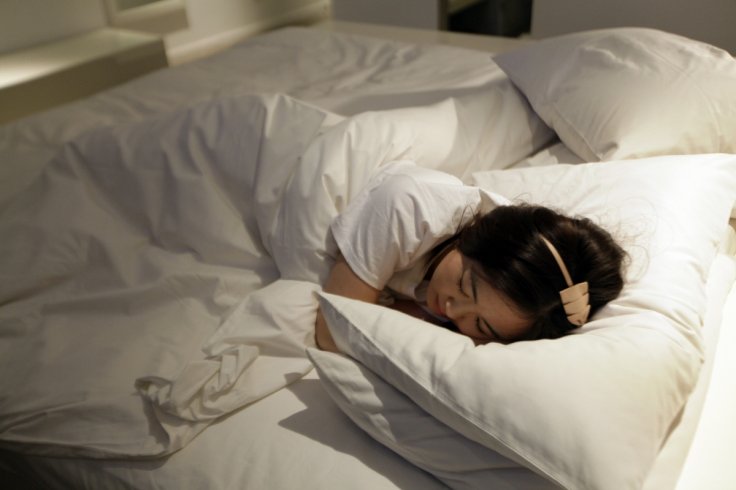
If you find yourself being more alert in the evening and feeling extra sluggish when the sun rises, it's not totally because of your lifestyle choices. A new study says it is probably because you were born to love the night better.
Research conducted by scientists from the University of Exeter Medical School in the UK found that there are hundreds of genetic factors that determine whether a person is an early riser or a night owl. Observing data gathered from 700,000 people, they found that some genes not only affected one's circadian body clock but also how their eyes and brain respond to certain daytime or evening stimuli, among others. In the same vein, human body clocks also help find out if a person is more predisposed to developing certain types of diseases.
One of the significant observations that the study made was that morning people tend to wake up 25 minutes earlier than night people. This is because tissues found in certain people's eyes can influence how the brain reacts to light (or its absence) and uses this situation to reset one's natural clock. The presence of these tissues could depend on one's genes.
In an interview with Live Science, co-lead study author Jacqueline Lane said that these findings are not set in stone, but instead highlights the need for a more in-depth look into how genetics play a role in a person's predisposition for sleep. Another element that requires more observation and testing is how genes and circadian cycles play into one's mental health. This is because the same research found that night owls are more prone to having schizophrenia, depression and anxiety.
The study's findings are based on the genomic data of the participants, who were then asked if they thought they were a night owl, a morning person or somewhere in the middle. The responses were then validated using data from wristband activity trackers worn by over 85,000 of the participants that showed when they woke up or slept.
This article was first published in IBTimes US. Permission required for reproduction.








